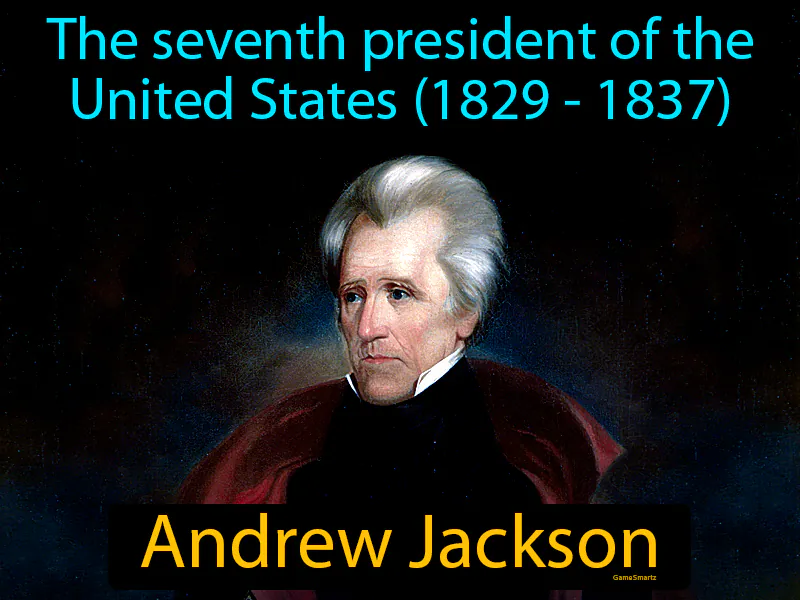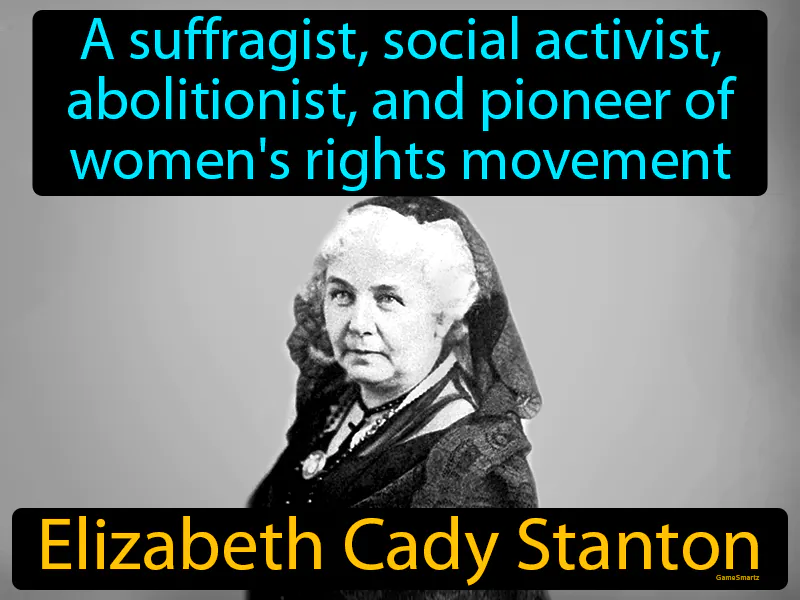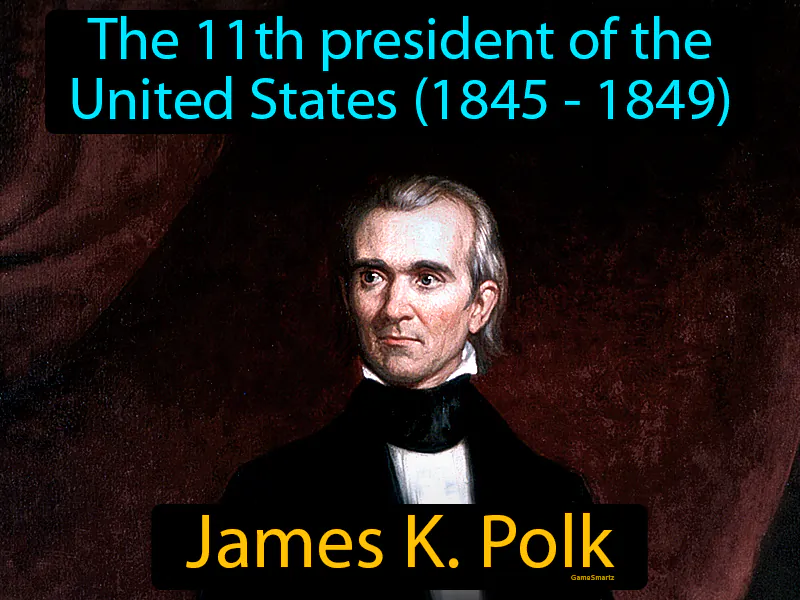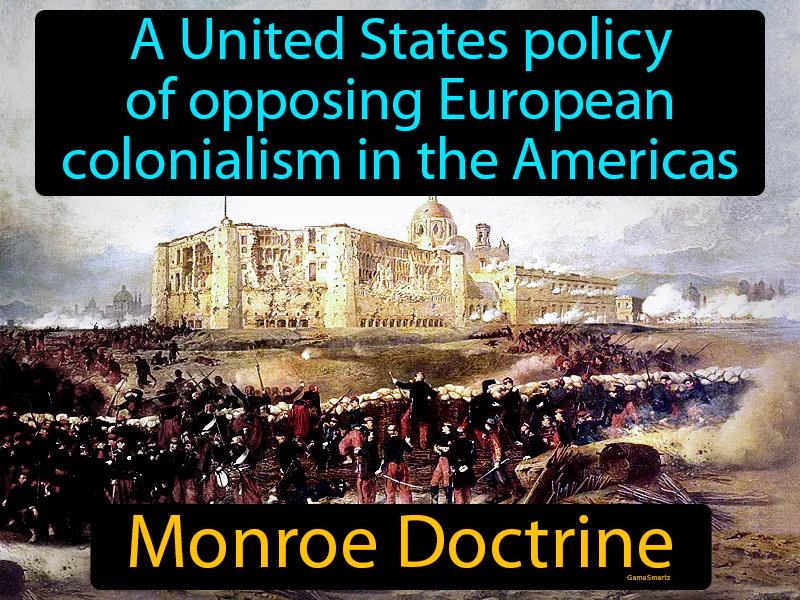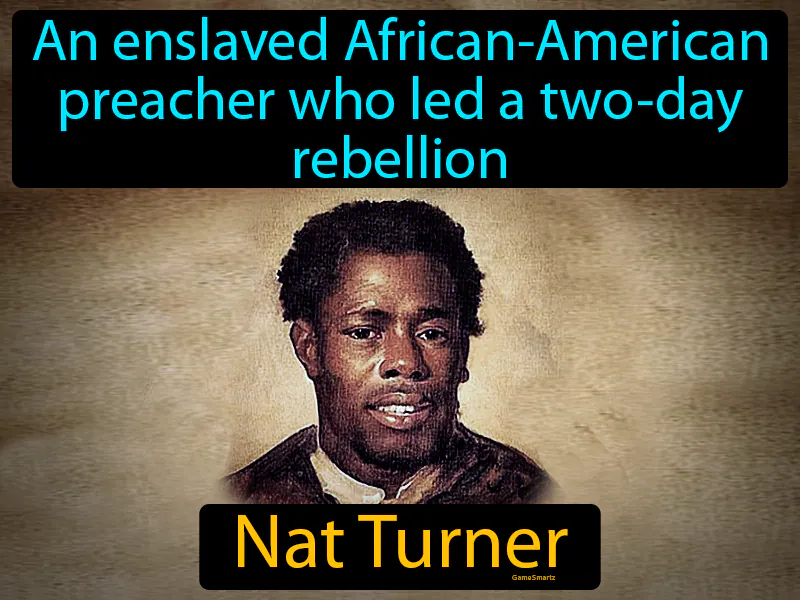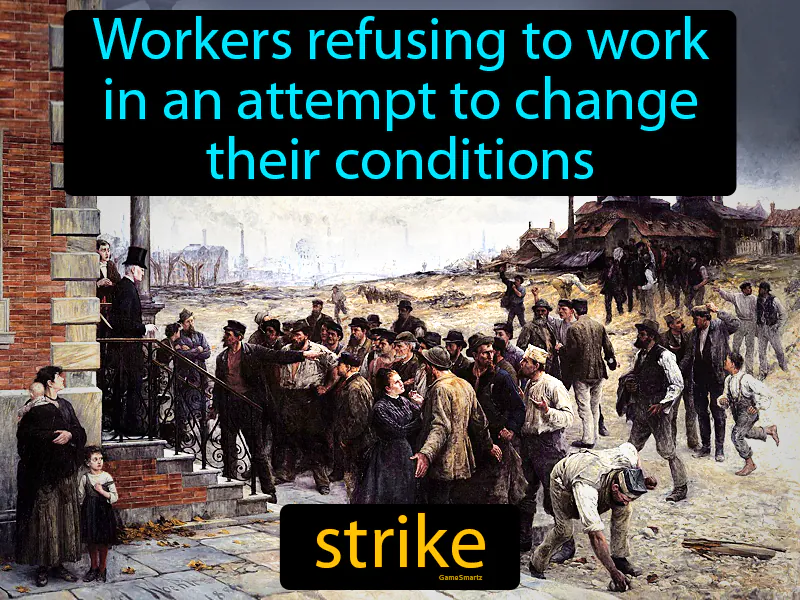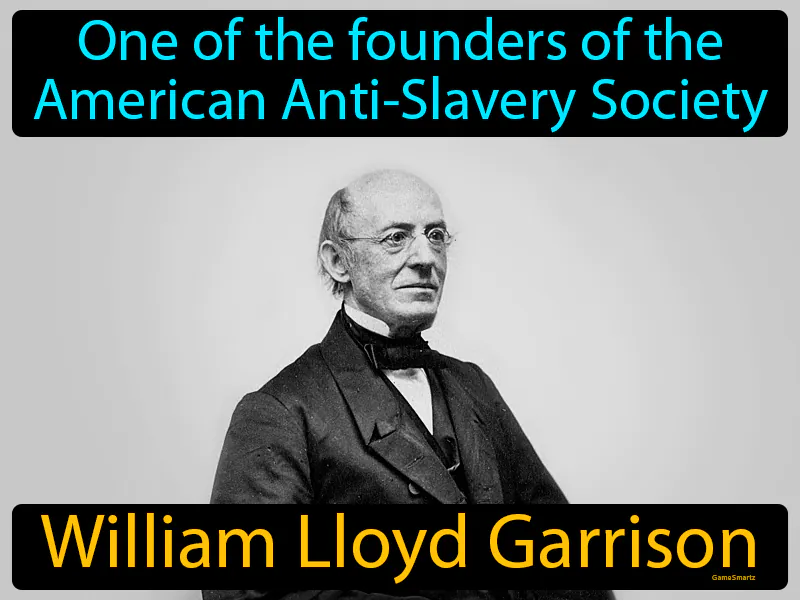A New Nation Growing 1800-1850
History
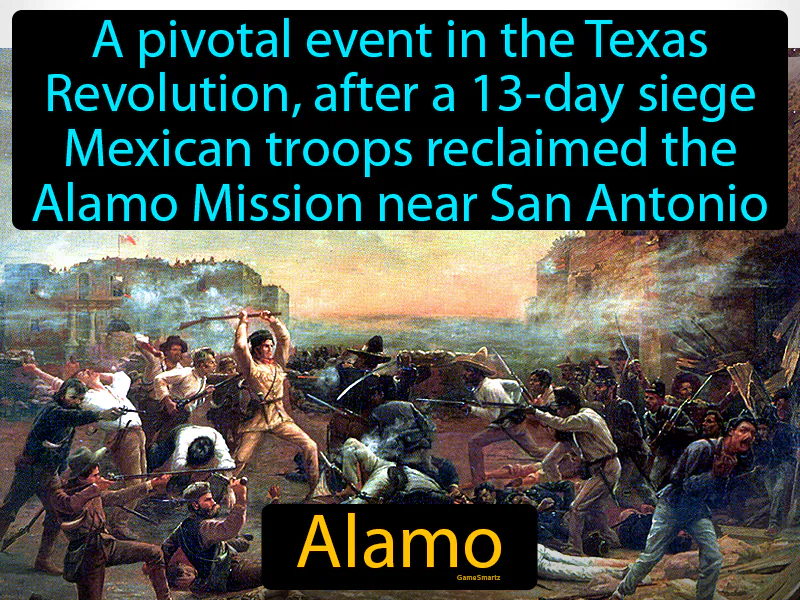
A pivotal event in the Texas Revolution, after a 13-day siege Mexican troops reclaimed the Alamo Mission near San Antonio
Alamo
A pivotal event in the Texas Revolution, after a 13-day siege Mexican troops reclaimed the Alamo Mission near San Antonio. Alamo. The Alamo was a historic mission in Texas where a small group of defenders battled against a much larger Mexican army.
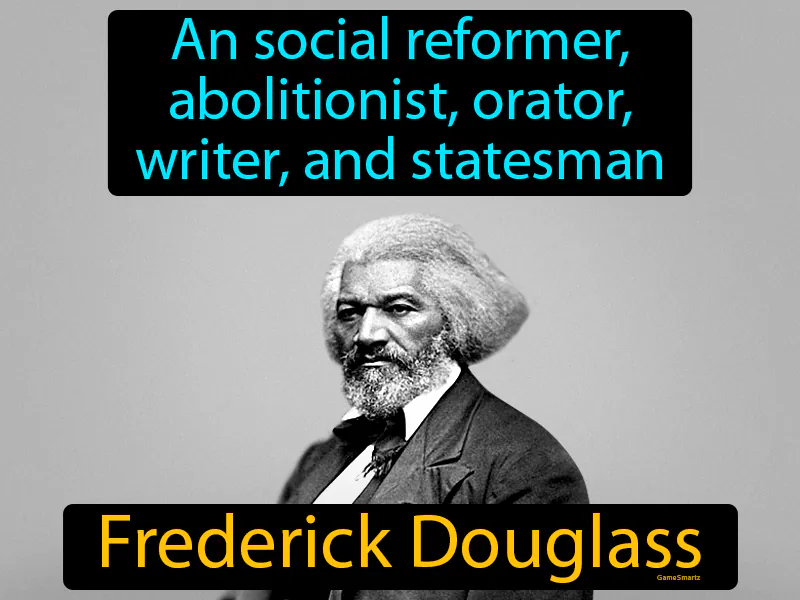
A social reformer, abolitionist, orator, writer, and statesman
Frederick Douglass
A social reformer, abolitionist, orator, writer, and statesman Frederick Douglass. Frederick Douglass was a former enslaved African American who became a leading voice in the fight for the abolition of slavery in the 19th century.
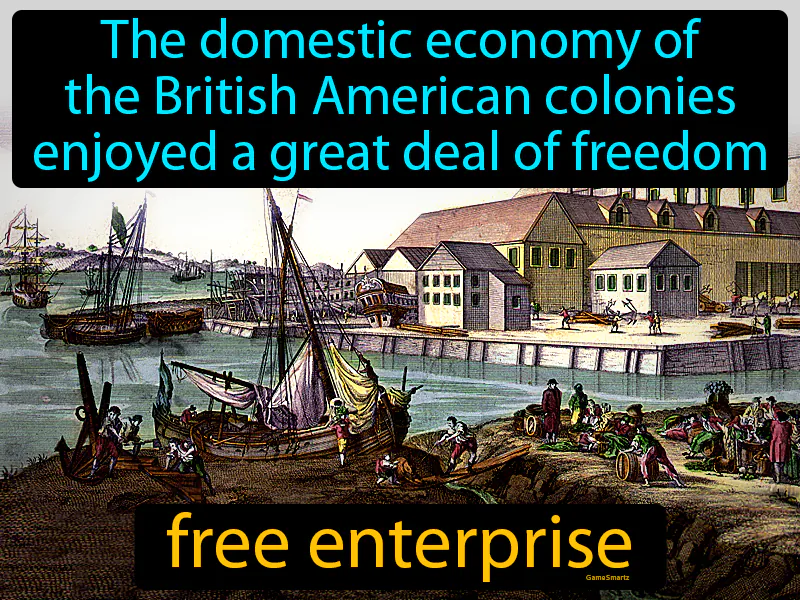
A system in which the prices for goods are self-regulated by the open market and by consumers
Free enterprise
A system in which the prices for goods are self-regulated by the open market and by consumers. Free enterprise. In history, free enterprise refers to an economic system where private businesses operate with minimal government interference, allowing competition to drive innovation and efficiency.

Taking of men into a military or naval force by compulsion, with or without notice
Impressment
Taking of men into a military or naval force by compulsion, with or without notice. Impressment. Impressment is the forced recruitment of men into military service, often used by the British Navy in the 18th and early 19th centuries.
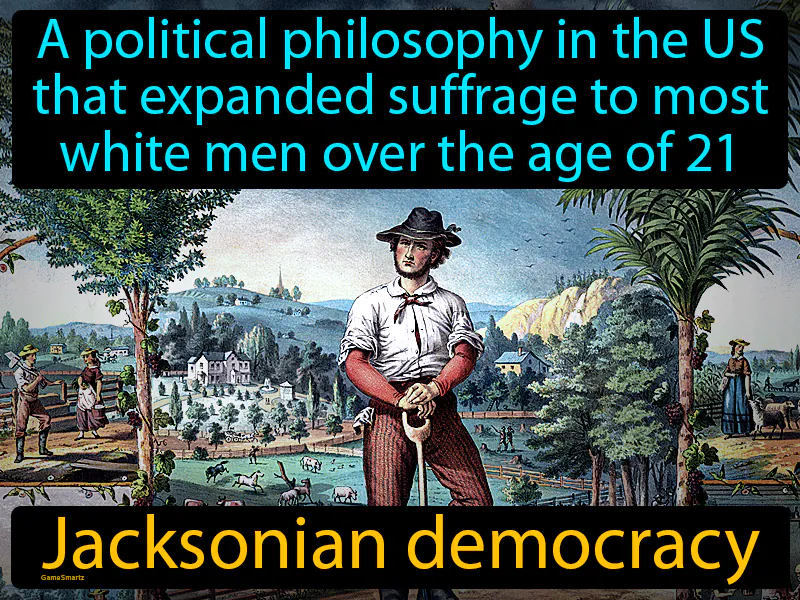
A political philosophy in the US that expanded suffrage to most white men over the age of 21
Jacksonian democracy
A political philosophy in the US that expanded suffrage to most white men over the age of 21. Jacksonian democracy. It was a movement in the 19th century that promoted greater democracy for the common man during Andrew Jackson's presidency.
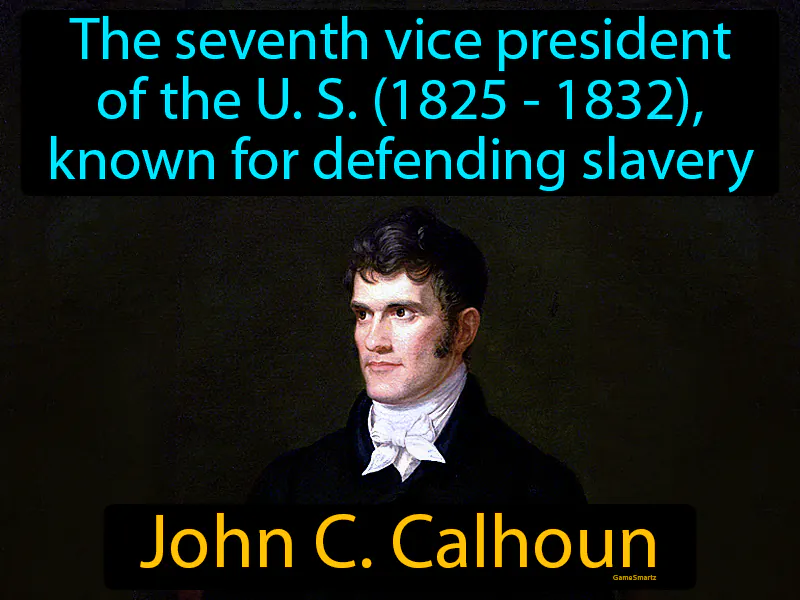
The seventh vice president of the US (1825 - 1832), known for defending slavery
John C Calhoun
The seventh vice president of the US 1825 - 1832, known for defending slavery, John C. Calhoun. John C. Calhoun was a prominent political figure who strongly supported states' rights and the institution of slavery in the early 19th century.

A process under which executive or legislative actions are subject to review by the judiciary
Judicial review
A process under which executive or legislative actions are subject to review by the judiciary. Judicial review. In History, judicial review means that courts can decide if laws or government actions are legal under the constitution.
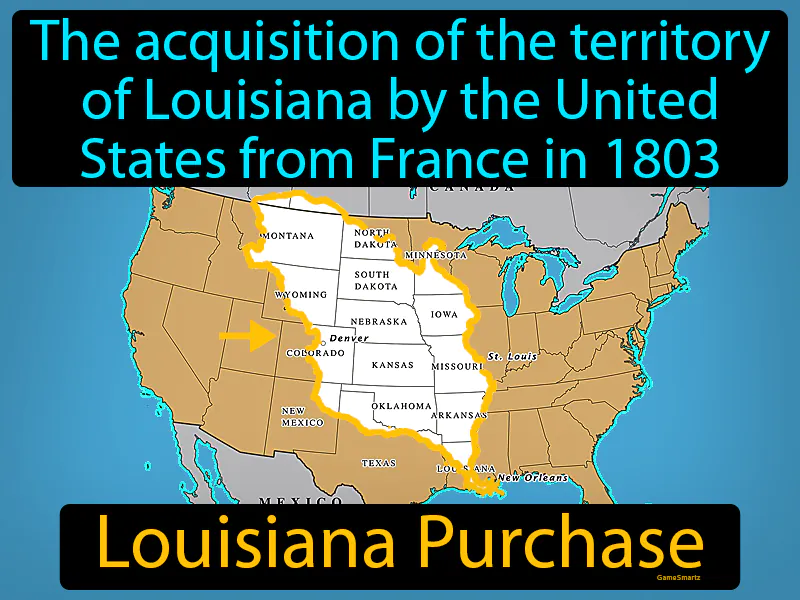
The acquisition of the territory of Louisiana by the United States from France in 1803
Louisiana Purchase
The acquisition of the territory of Louisiana by the United States from France in 1803. Louisiana Purchase. The Louisiana Purchase was a major land deal where the U.S. bought a vast region from France, roughly doubling its size.
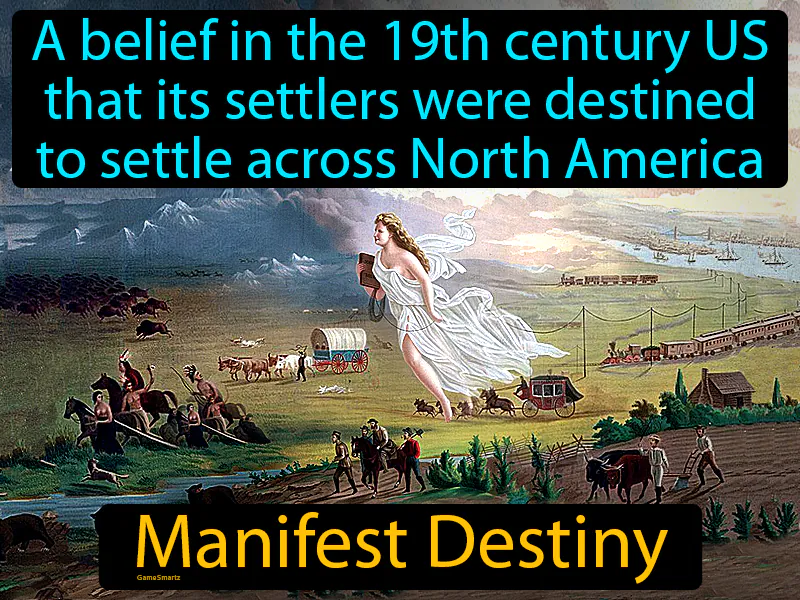
A belief in the 19th century US that its settlers were destined to expand across North America
Manifest Destiny
A belief in the 19th century US that its settlers were destined to expand across North America. Manifest Destiny. It was the idea that Americans were meant to spread their culture and government across the continent.

Legislation that provided for the admission of Maine to the US as a free state along with Missouri as a slave state
Missouri Compromise
Legislation that provided for the admission of Maine to the US as a free state along with Missouri as a slave state. Missouri Compromise. It was an agreement in 1820 that helped balance the power between free and slave states in the United States.
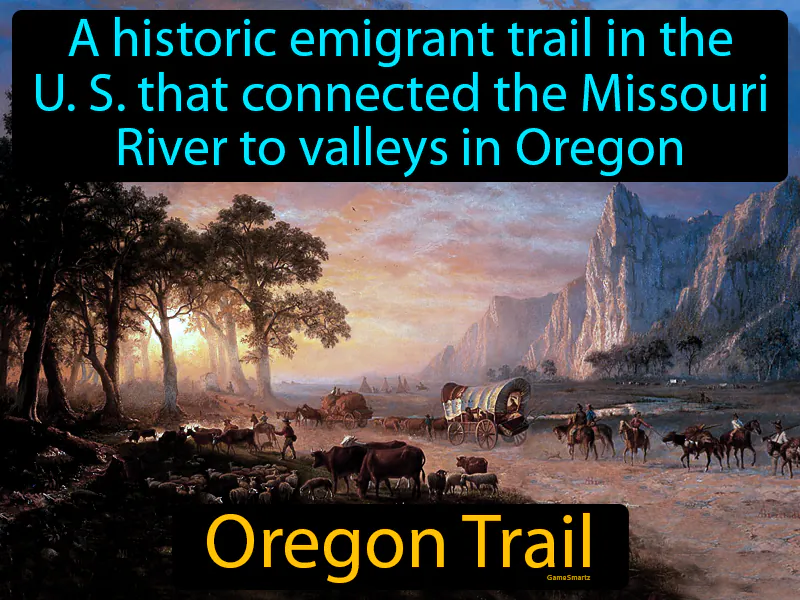
A historic emigrant trail in the US that connected the Missouri River to valleys in Oregon
Oregon Trail
A historic emigrant trail in the US that connected the Missouri River to valleys in Oregon. Oregon Trail. The Oregon Trail was a 19th-century route used by settlers moving west to establish new homes in the Oregon Territory.

An essayist, lecturer, philosopher, and poet who led the transcendentalist movement
Ralph Waldo Emerson
An essayist, lecturer, philosopher, and poet who led the transcendentalist movement. Ralph Waldo Emerson. Emerson was a key figure in 19th-century American thought, promoting individualism and nature.

An advocate of a republic. A form of government that is not a monarchy or dictatorship
Republicans
An advocate of a republic. A form of government that is not a monarchy or dictatorship. Republicans. Republicans are people who support a form of government where officials are elected and there is no monarch.

The first and third president of the Republic of Texas
Sam Houston
The first and third president of the Republic of Texas Sam Houston. Sam Houston was a key leader in Texas' fight for independence from Mexico and later served as an influential politician in the early days of the Republic and State of Texas.
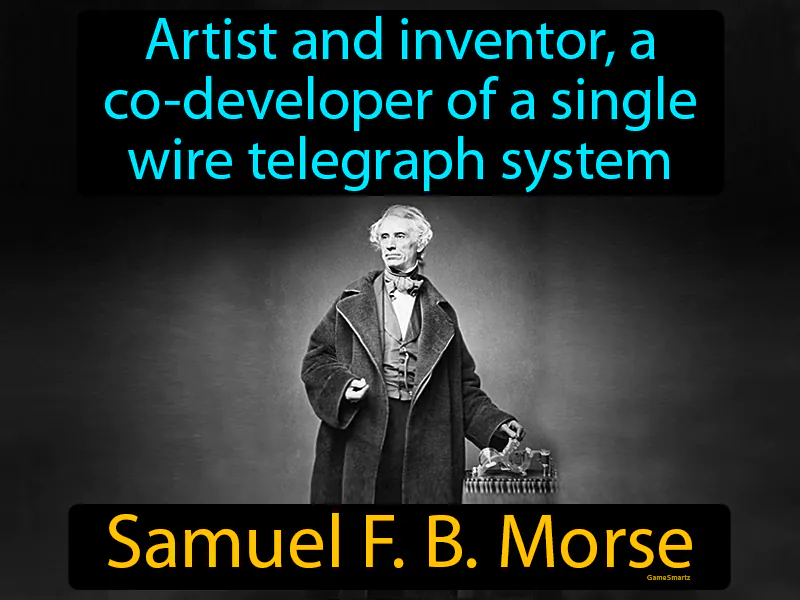
Artist and inventor, a co-developer of a single wire telegraph system
Samuel F B Morse
Artist and inventor, a co-developer of a single wire telegraph system. Samuel F B Morse. Samuel F B Morse was a key figure in developing the telegraph, which revolutionized long-distance communication in the 19th century.

The first women's rights convention, social, civil, and religious rights were discussed
Seneca Falls
The first women's rights convention, social, civil, and religious rights were discussed. Seneca Falls. Seneca Falls is where the first major meeting took place to push for women's rights in the United States.
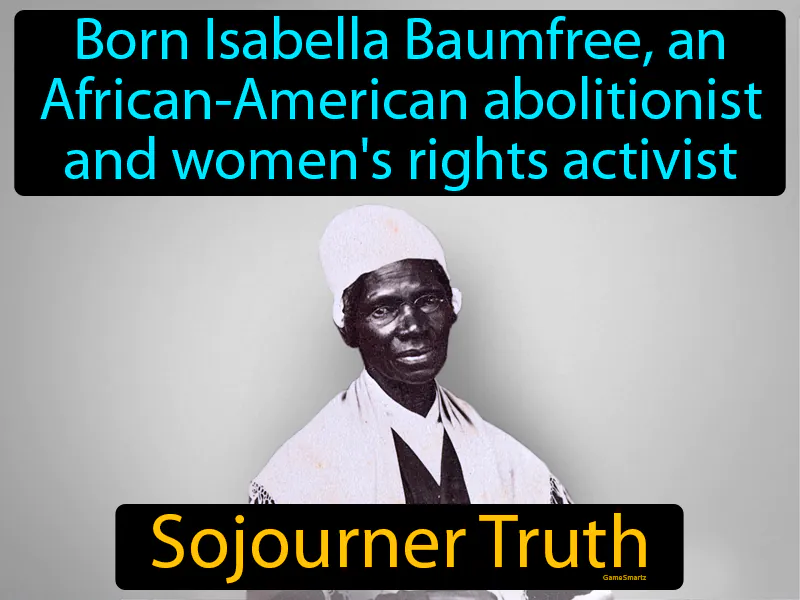
Born Isabella Baumfree, an African-American abolitionist and women's rights activist
Sojourner Truth
Born Isabella Baumfree, an African-American abolitionist and women's rights activist. Sojourner Truth was a former slave who became a powerful advocate for abolition and women's rights in the 19th century.
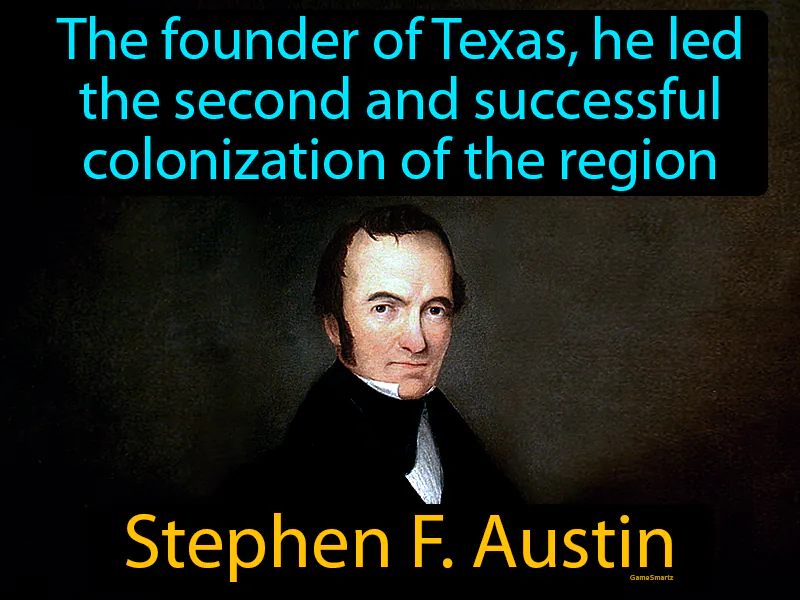
The founder of Texas, he led the second and successful colonization of the region
Stephen F Austin
The founder of Texas, he led the second and successful colonization of the region. Stephen F. Austin. Stephen F. Austin is known as the "Father of Texas" for establishing a large settlement there in the 1820s.
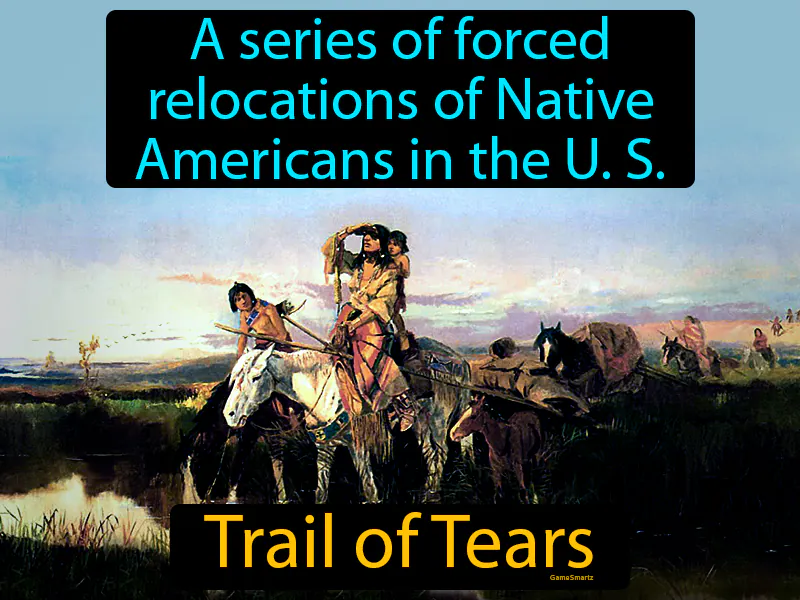
A series of forced relocations of Native Americans in the US
Trail of Tears
A series of forced relocations of Native Americans in the US. Trail of Tears. The Trail of Tears was the forced removal of Native American nations from their ancestral lands to designated Indian Territory, resulting in great hardship and loss of life.

